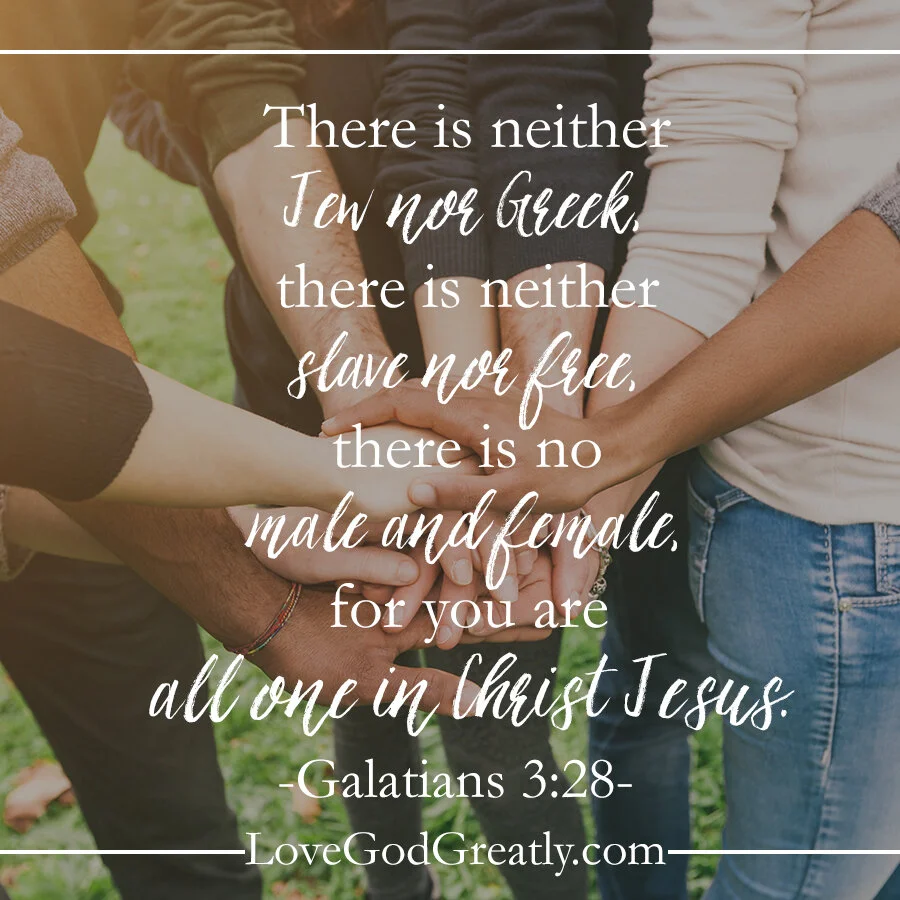We the People
Life on the Pasture
One of the things I have the privilege of doing at Beautiful Savior is teaching history to our 7th and 8th graders. When we cover the Declaration of Independence, there is one adjustment I make to the wording regarding the unalienable rights of life, liberty and the pursuit of happiness. The adjustment is this: life, liberty, and the equal opportunity for the pursuit of happiness. The reason for that addition is to show the ideal and then demonstrate the struggle to achieve that ideal.
We have progressed from white males who owned land being able to vote, to all white males being able to vote, to males being able to vote, to eventually women also being granted the right to vote. But the right to vote is only the "tip of the iceberg," so to speak. Underlying issues were slavery, equal treatment under the law of non-whites before and after the Civil War, and the treatment of Native Americans. It is a sad truth that not everyone has received equal opportunity under the law to pursue happiness. It is also an unfortunate truth that in our day in age racial profiling still exists, and not everyone is always treated the same.
So for those of us who are followers of Jesus, how do we react when disturbing images of abuse of power that led to murder are flashed on our screens? How do we react to protests? How do we react to the destructive rioting? And how do we react when police officers and others in authority are all condemned for the terrible actions of a few, even though the vast majority (including those we personally know) have a sincere desire to serve their community.
We start by coming to grips with the reality of sin and evil, beginning with taking personal responsibility for our actions and attitudes which betray our failure to love our neighbor as ourselves. Such personal responsibility includes changing those destructive attitudes and actions and working for the common good, following Jesus' teaching in the parable of the Good Samaritan (Luke 10:25-37).
We also follow our Lord's example of listening before assuming and acting. In Luke 18, we read about Him asking a blind man who was calling to Him, "What do you want Me to do for you?" (Luke 18:41) Why would Jesus ask such an obvious question? It is an excellent approach. Instead of assuming we know what the person wants, we allow him or her to express his or her needs. That also is loving one's neighbor as oneself.
And then there is the matter of actually believing what we celebrated on Pentecost. God the Holy Spirit is able to change people and bring about true unity in Christ as described by Paul: "So in Christ Jesus you are all children of God through faith, for all of you who were baptized into Christ have clothed yourselves with Christ. There is neither Jew nor Gentile, neither slave nor free, nor is there male and female, for you are all one in Christ Jesus." (Galatians 3:26-28, NIV) The work of the Spirit results in people no longer saying things such as, "I have several African American or Native American friends." Instead, we just speak of having friends. We treat people as people.
Is it possible? All things are possible with God who, through the work of the Holy Spirit, is doing that work of changing lives and strengthening a bond of true love in Christian congregations around the world. Perhaps it's time for the Church to show a better way, modeling true community, and inviting others to follow Him who Himself is the Way, the Truth, and the Life.
– Pastor Schmidt

